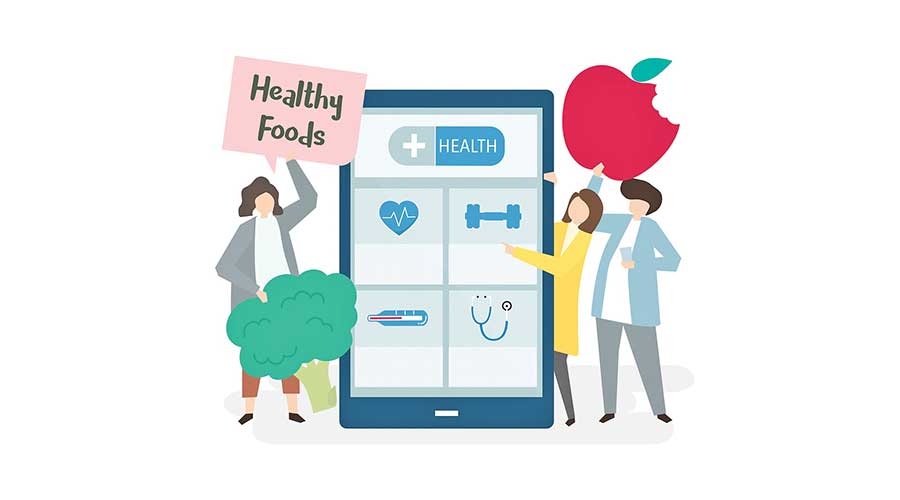ASK A PHYSICAL THERAPIST
- 20 Apr - 26 Apr, 2024

Like many addictions, food addiction has no permanent cure, and while it can be treated, treatment can be difficult. The difficulty and steps to treat food addiction can be different from person to person, depending on how far the addiction has progressed before the patient seeks treatment. As opposed to a different kind of addiction – such as smoking – a person can’t choose to quit the addiction altogether. Because food is needed to live, it can’t be eliminated from a person’s daily routine. Instead, a person with a food addiction has to learn to control their eating behaviours, emotions and decision making about food.
Non-dairy milks vary in the nutrients that they provide, and don’t have the same combination of nutrients as dairy. There are differences between brands as well as between different types of plant milk, so it’s a good idea to check the nutrition label. Try to choose one that has been fortified with calcium, B vitamins (riboflavin and B12), vitamin D and iodine. That’s because for most of us, dairy products are a source of these nutrients. If you choose unfortified plant milk (organic plant milks for example) these will not generally contribute as many nutrients to your diet as dairy milk.
Dairy milk contains more protein than some other plant milks, although most of us get more protein than we need so this isn’t necessarily a big consideration. Soya and pea milks have more protein than most other plant milks, and a similar amount to cow’s milk. Try to avoid plant milks that have added sugar and/or salt.
It’s recommended that we should all be eating at least two portions of fish a week, including at least one of oily fish. Oily fish provides us with a type of omega-3 that we can’t get from other foods, and this may help to keep your heart healthy. Oily fish tend to naturally have coloured or darker flesh (ignore the colour of the skin) – think salmon, trout, pilchards or sardines. Fish is generally a great source of protein and contains a range of vitamins and minerals. The traditional Mediterranean-style diet, which is associated with a lower risk of heart and circulatory diseases, includes plenty of fish along with beans and lentils as sources of protein.
COMMENTS